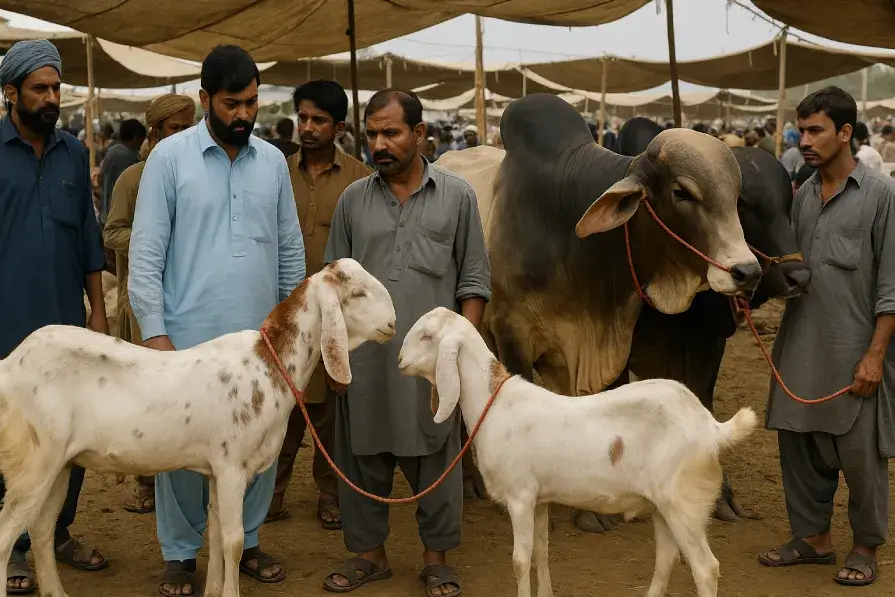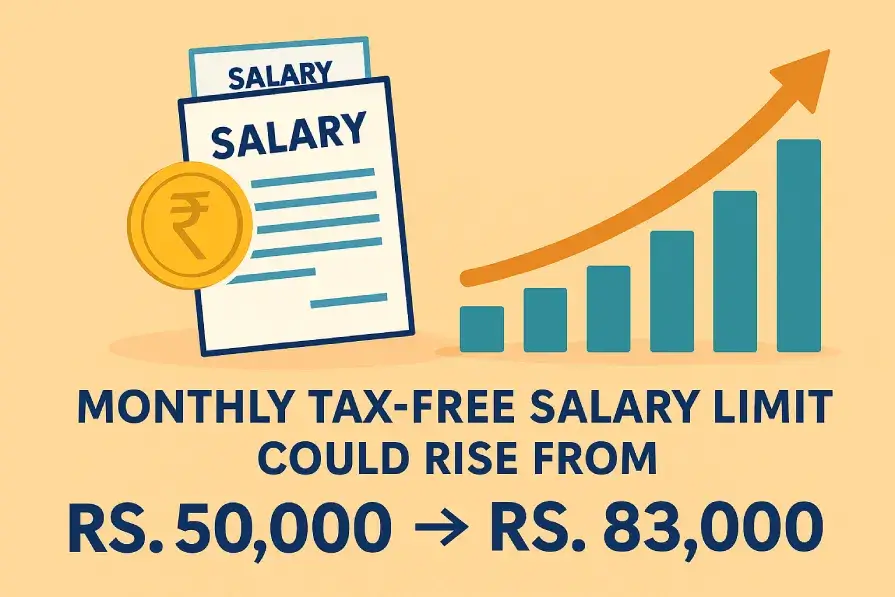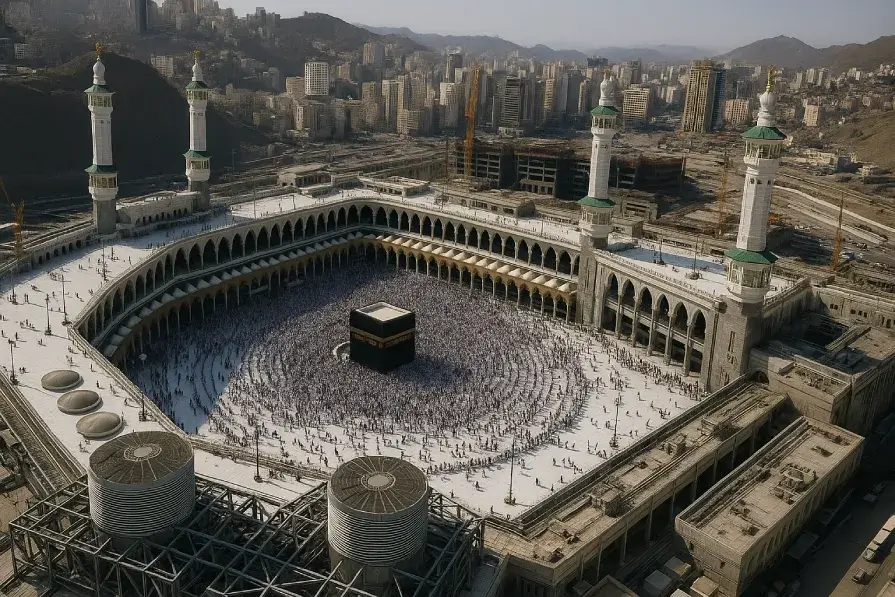Pakistan Records Second Hottest April in 65 Years, Experts Warn of Growing Climate Risks

The Pakistan Meteorological Department (PMD) reported that the country reached its second hottest April since 1951. The achieved climate change marker brings dangerous climate indicators that endanger both public health and agricultural systems and water management.
April 2025: A Record-Breaking Heatwave
National temperature measurements for April 2025 became 27.91 degrees Celsius while exceeding historical records for that month by 3.37 degrees Celsius. The 27.91°C national average temperature measurement for April became the second highest on record after temperature recording began indicating concerning heat level rises across national territories.
The daytime temperature reached 36.40°C on average and the numbers indicated a 4.66°C increase above normal values. The nocturnal temperatures provided no relief as they remained above 19.36°C by 2.57°C when compared to average standards.
Sharp Decline in Rainfall
The drought situation worsened when April rainfall fell 59% beneath established standards. Extreme heat together with dry weather conditions have established drought-like conditions which impact Punjab and Sindh and parts of Baluchistan severely.
Health Risks on the Rise
Medical professionals note an increasing number of heat-related illnesses emerge as dehydration and heatstroke and skin infections in their patients. The most vulnerable groups of people who face extreme danger include children and elderly people together with outdoor workers.
The Pakistan Medical Association sent notifications to advise residents to hydrate and stay inside the house between noon through 4 pm as well as to steer clear of sunlight exposure. The establishment of specialized heatstroke treatment facilities by hospitals now operates in Karachi along with Lahore and Multan.
Agriculture Faces a Double Blow
The agriculture industry facing rising input costs and inflation has suffered more damage because of both increasing temperatures and insufficient water availability. Plants of wheat and cotton and sugarcane and vegetables face growth difficulties from both minimal water supplies and extreme heat conditions.
Agricultural experts demonstrate high concern now about the health of wheat crops who are currently at their most growth-sensitive period. Deficient irrigation represents a serious threat to Pakistan’s harvests which would create rising food prices that might lead to food insecurity.
Urban Centers Under Pressure
The metropolitan areas of Islamabad and Lahore along with Karachi face mounting environmental stress. The water reserves of Simly and Rawal Dams in Islamabad-Rawalpindi area have reached critical levels. Residents in certain areas are under water rationing limitations and they must greatly depend on private water tankers which drives up their household costs.
The ongoing heatwave spreads in intensity because cities possess urban heat islands which absorb and store heat from concrete surfaces and asphalt. Night temperature highs prevent home and building interiors from lowing temperatures while increasing electricity consumption for air conditioning systems.
The Role of Climate Change
Scientists studying climate patterns agree the present situation will continue beyond immediate term effects because it reflects persistent climate changes. The strategic position of Pakistan renders it especially susceptible to increased temperatures while also increasing glacier melt processes and erratic rainfall patterns.
Dr. Ghulam Rasul as former Director-General of PMD stated that “South Asia experiences more frequent and intense heatwaves. Pakistan needs to embark on a dual strategy by focusing on adaptation and mitigation programs.
Government Response and Challenges
Critics note that the Ministry of Climate Change acknowledges the heat records yet lacks sufficient proactive solutions. Public education campaigns along with infrastructure updates and water conservation plans exist in a state of resource constraints or show inadequate implementation behavior.
WASA together with municipal authorities started releasing public alerts that led to bans on nonessential water activities which include vehicle washing along with gardening activities and building water consumption. Despite efforts to regulate water usage there is not a standardized effort for implementation across different regions.
What Can Be Done?
Experts are urging immediate and medium-term solutions, such as:
- Rainwater harvesting systems
- Solar-powered cooling stations in urban areas
- Efficient irrigation systems like drip irrigation
- Nationwide heatwave early warning systems
National policies must include climate-resilient agriculture as well as reforestation programs alongside updated versions of Pakistan’s National Climate Change Policy (NCCP).
A Wake-Up Call
The recent April ranks as the second hottest month since Pakistan’s modern registration system began which represents a serious cautions to the nation. Setting immediate action to combat climate vulnerability will be crucial because the upcoming summer season threatens to produce more catastrophic effects.
The continuous rise in global temperatures puts Pakistan in a position where climate emergency needs swift action from both the state and society including farmers and industry representatives.









